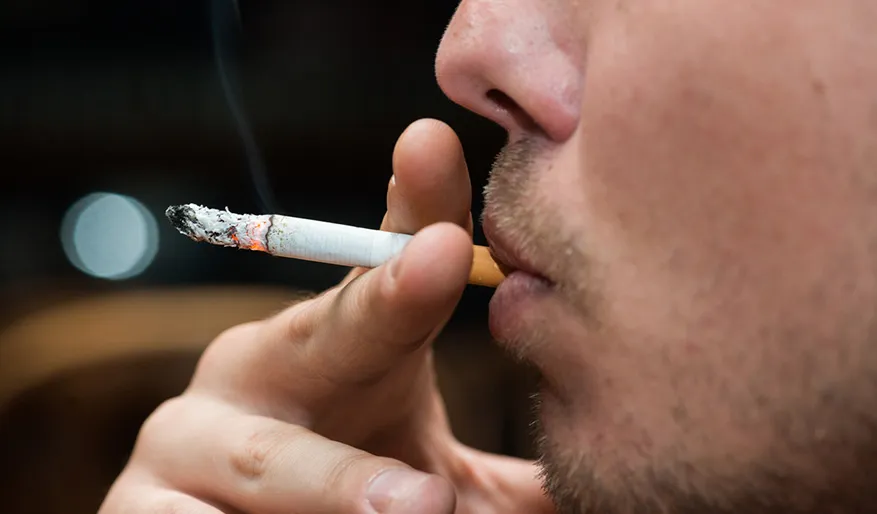We all know that smoking and drinking alcohol can have negative effects on our health. But did you know that these habits can also cause serious problems for your oral health? In this article, we’ll take a closer look at the effects of smoking and alcohol on your mouth and teeth.
Smoking and Oral Health
Smoking is a major risk factor for a range of oral health problems. For starters, smoking can cause bad breath and stain your teeth. Over time, smoking can also lead to more serious issues, such as:
- Gum disease: Smoking weakens your immune system, making it tougher to your frame to combat off infections.This can make you more susceptible to gum disease, which can cause swollen, bleeding gums and even tooth loss.
- Oral cancer: Smoking is a leading cause of oral cancer, which can affect the lips, tongue, cheeks, and throat. Early signs of oral cancer include sores, lumps, or patches in your mouth that don’t go away.
- Delayed healing: Smoking can also slow down your body’s ability to heal after dental procedures, such as tooth extractions or gum surgery.
Alcohol and Oral Health
For the majority of people, moderate alcohol use is typically regarded as safe. However, heavy drinking can have serious consequences for your oral health. Here are some of the ways alcohol can harm your mouth and teeth:
- Dry mouth: Drinking alcohol can cause your mouth to become dry, which can lead to bad breath and an increased risk of tooth decay.
- Tooth decay: Alcohol is high in sugar, which can lead to tooth decay if consumed in excess.
- Oral cancer: Heavy drinking is also a risk factor for oral cancer, especially when combined with smoking.
- Gum disease: Like smoking, heavy drinking weakens your immune system, making it harder for your body to fight off infections. Your risk of gum disease may rise as a result.
Tips for Protecting Your Oral Health
If you smoke or drink alcohol, it’s important to take steps to protect your oral health. Observe the following advice:
- Quit smoking: If you smoke, quitting is the best thing you can do for your oral health. Discuss smoking cessation methods with your doctor, such as nicotine replacement therapy or prescription drugs.
- Drink in moderation: If you do drink alcohol, do so in moderation. That means no more than one drink a day for women and two drinks a day for men.
- Brush and floss regularly: Brush your teeth at least twice a day and floss daily to remove plaque and prevent gum disease.
- Visit the dentist regularly: Regular dental checkups and cleanings can help prevent oral health problems and catch issues early when they’re easier to treat.
By taking steps to protect your oral health, you can minimize the effects of smoking and alcohol on your teeth and gums. If you have concerns about your oral health, talk to your dentist or doctor for advice and guidance.
In conclusion, smoking and alcohol can have serious negative effects on your oral health. It’s important to take steps to protect your teeth and gums by quitting smoking, drinking in moderation, and practicing good oral hygiene habits. With the right care and attention, you can maintain a healthy smile for years to come.

